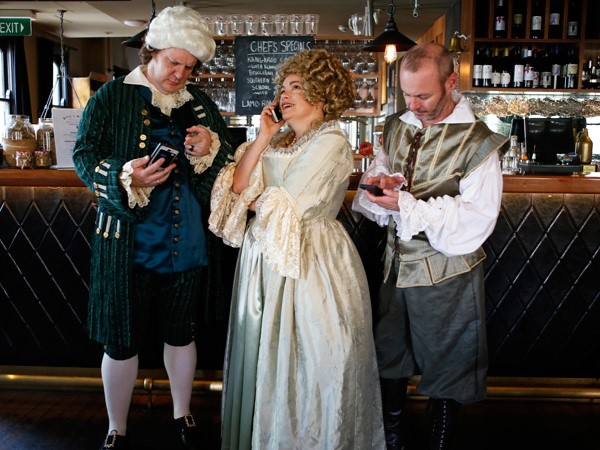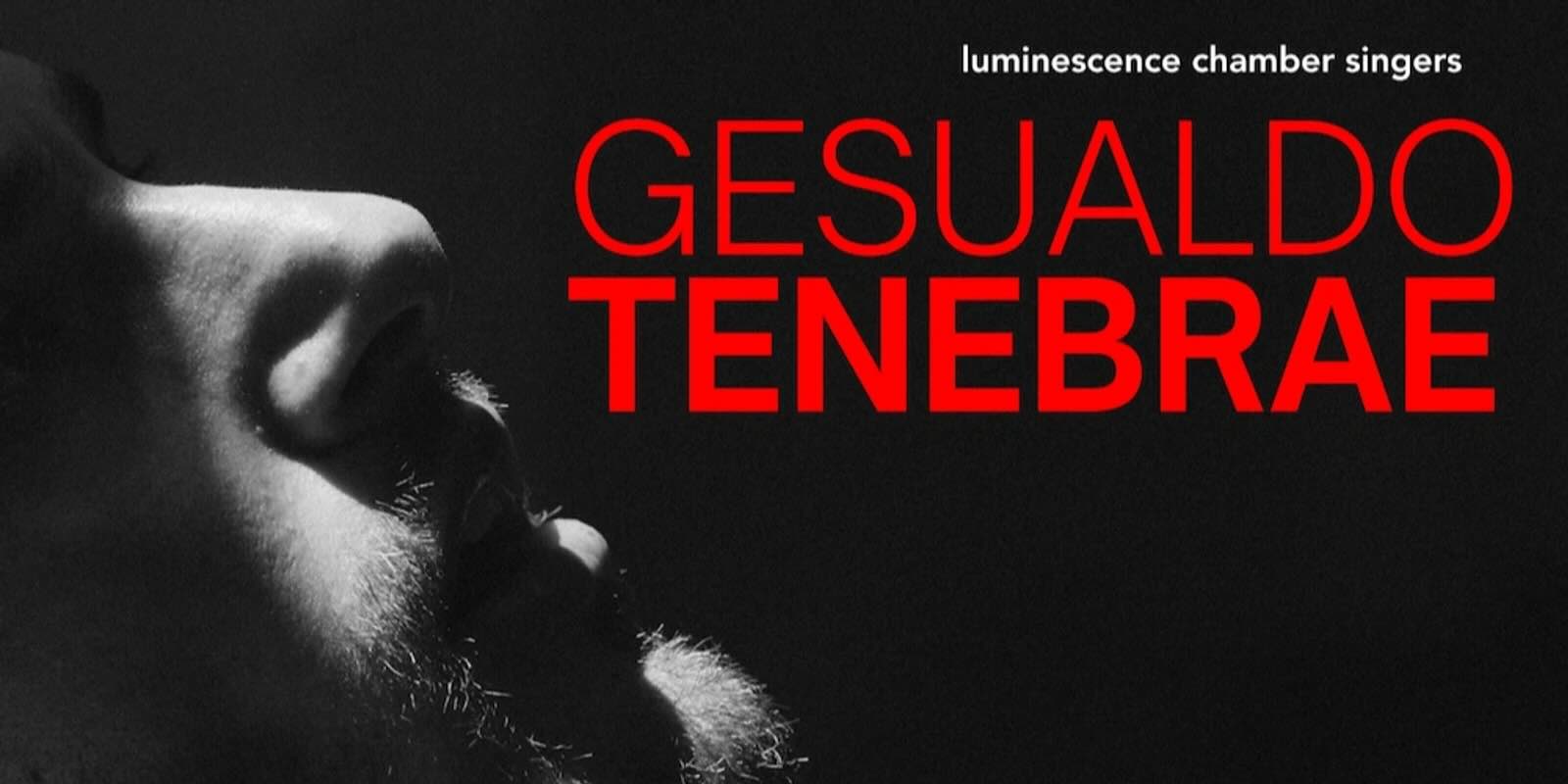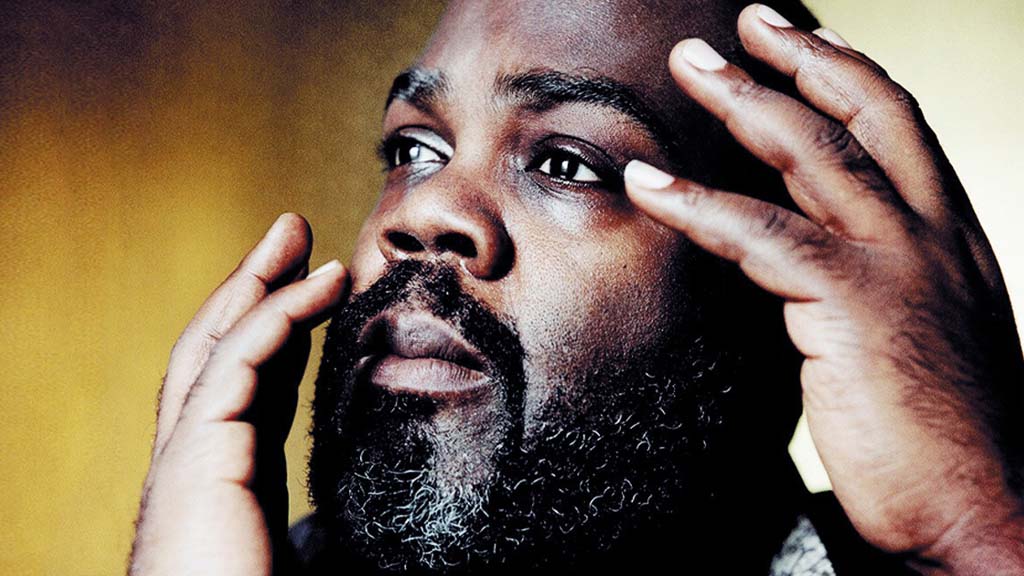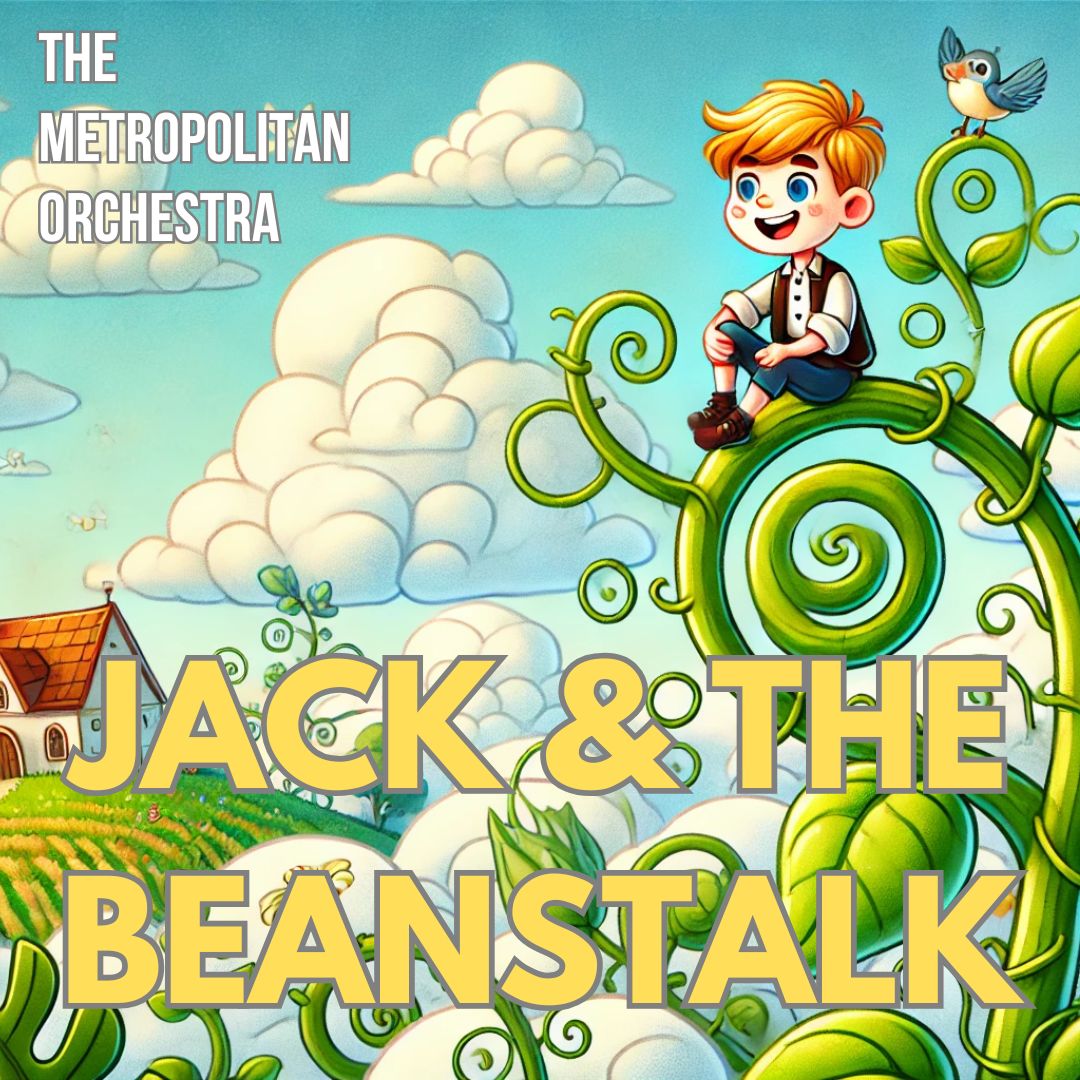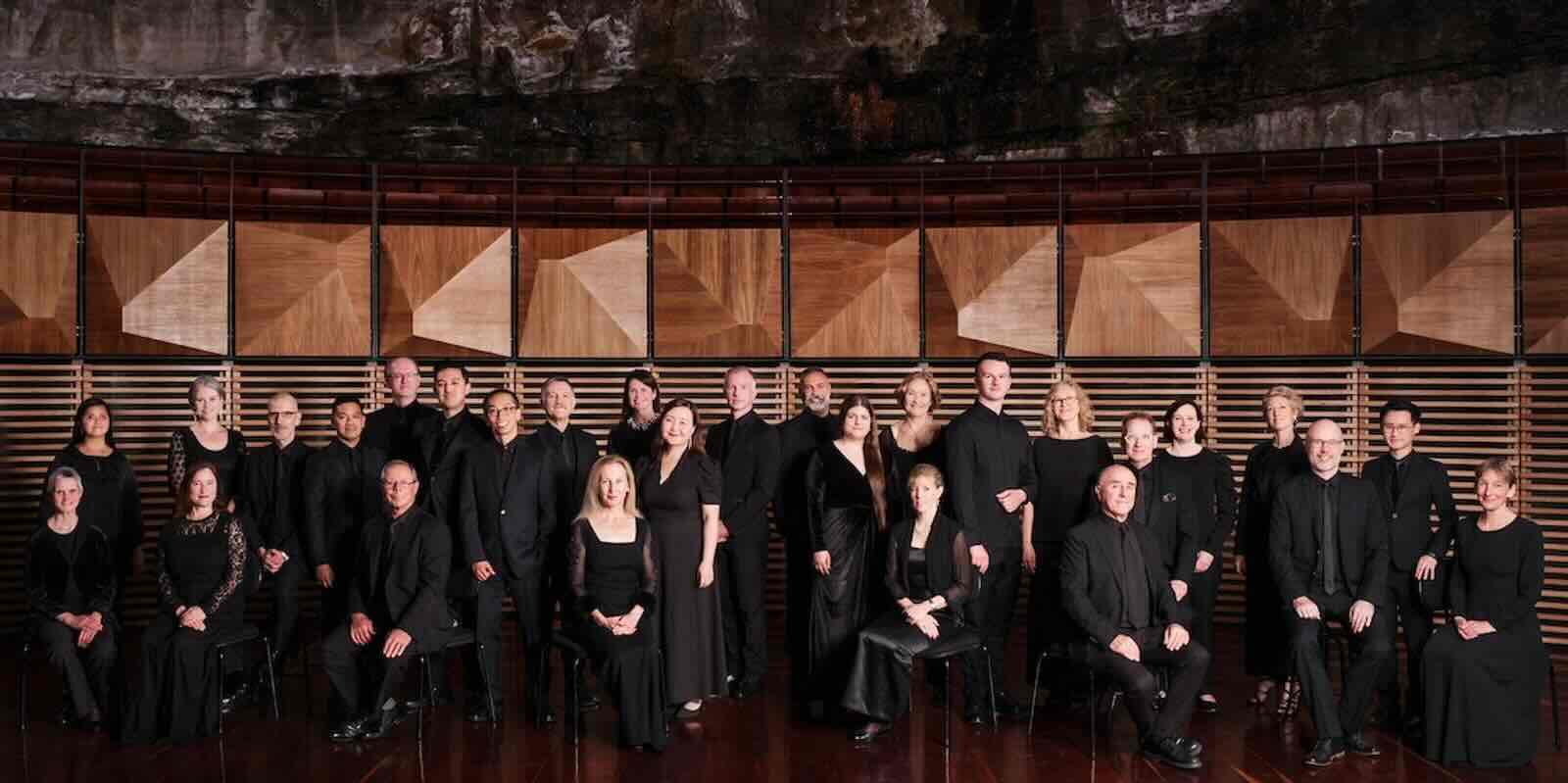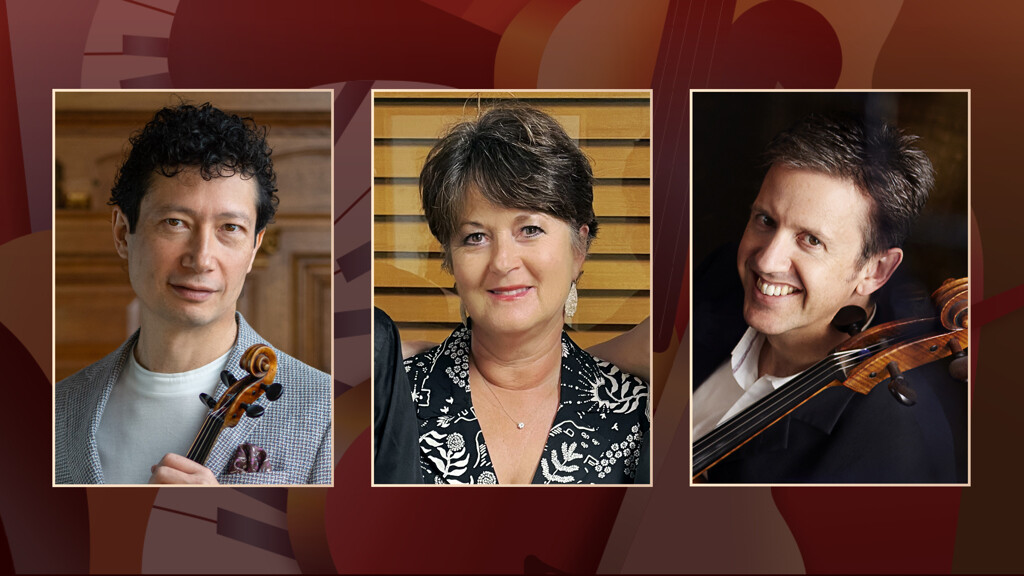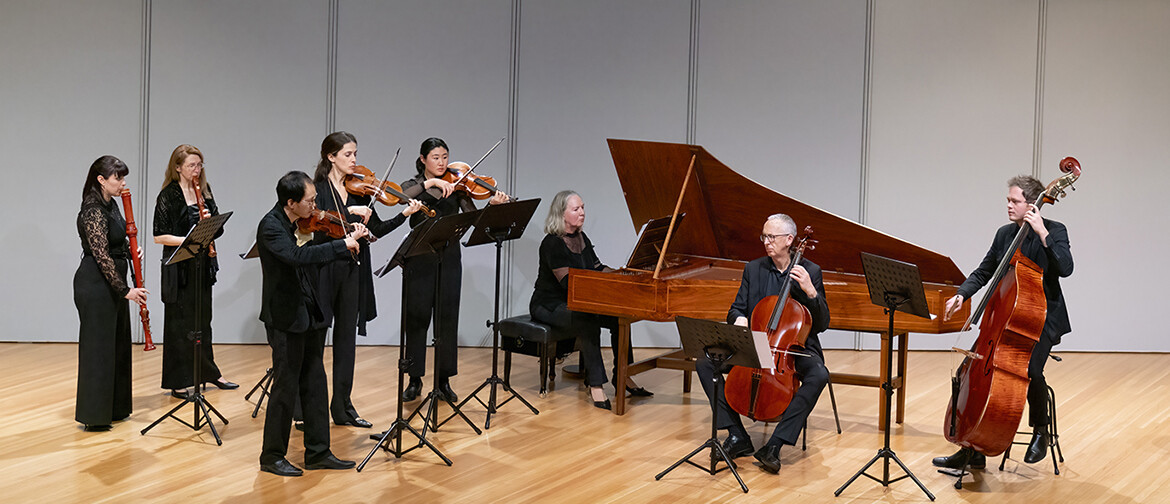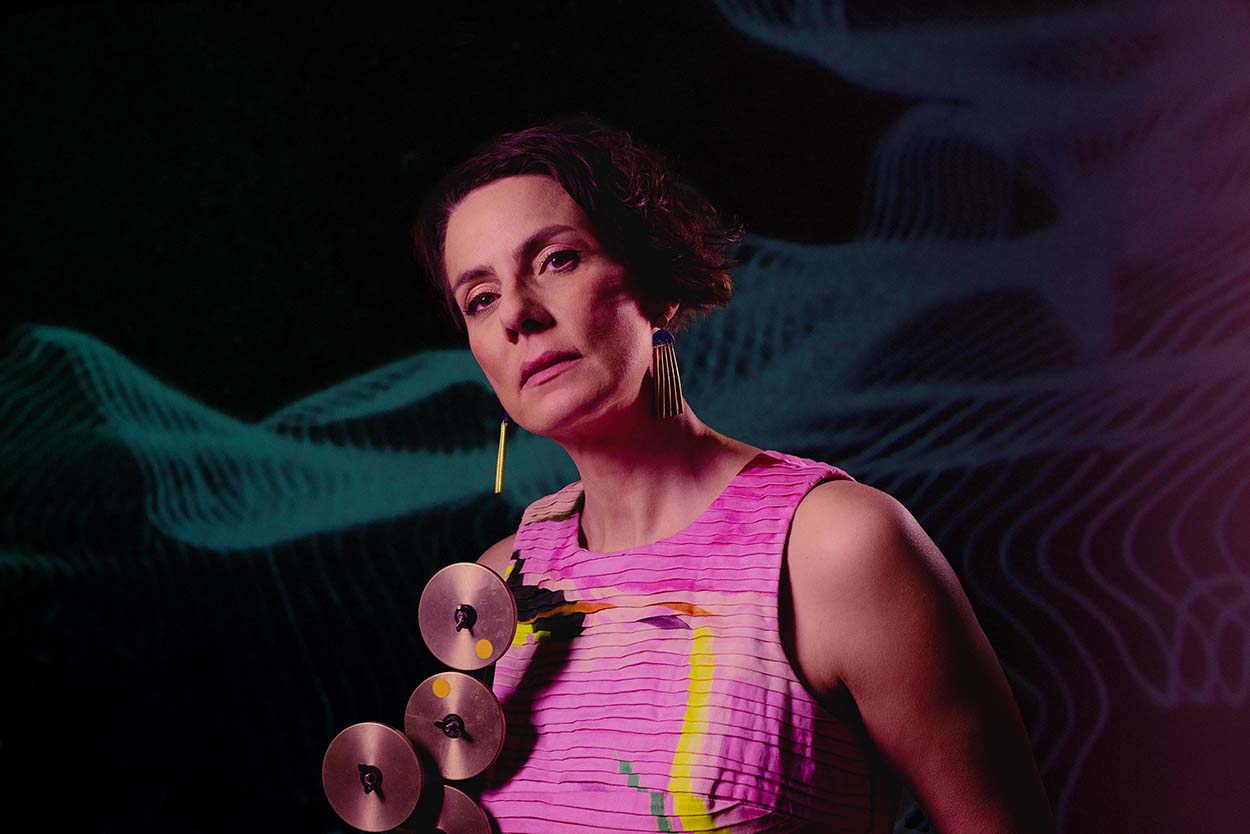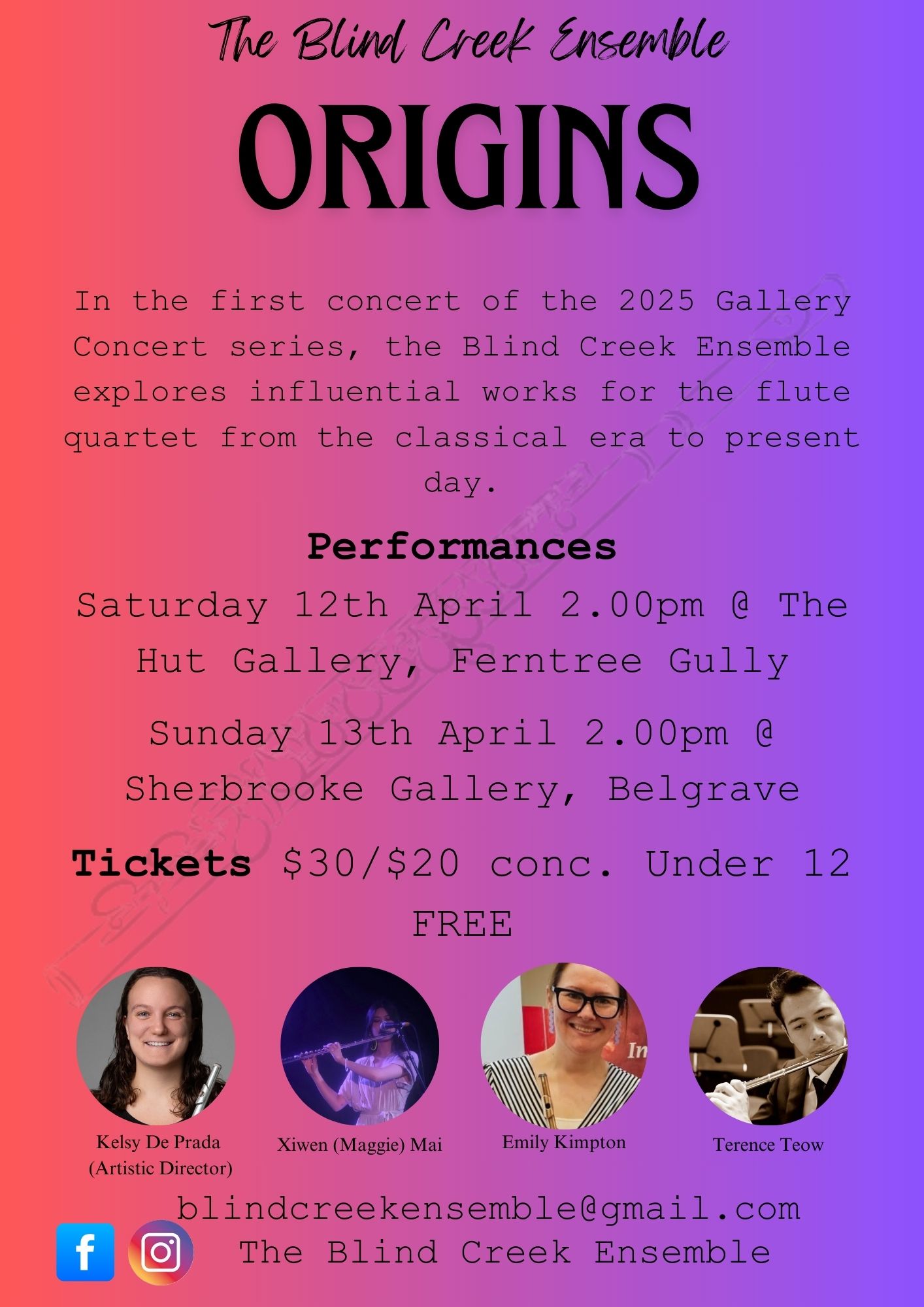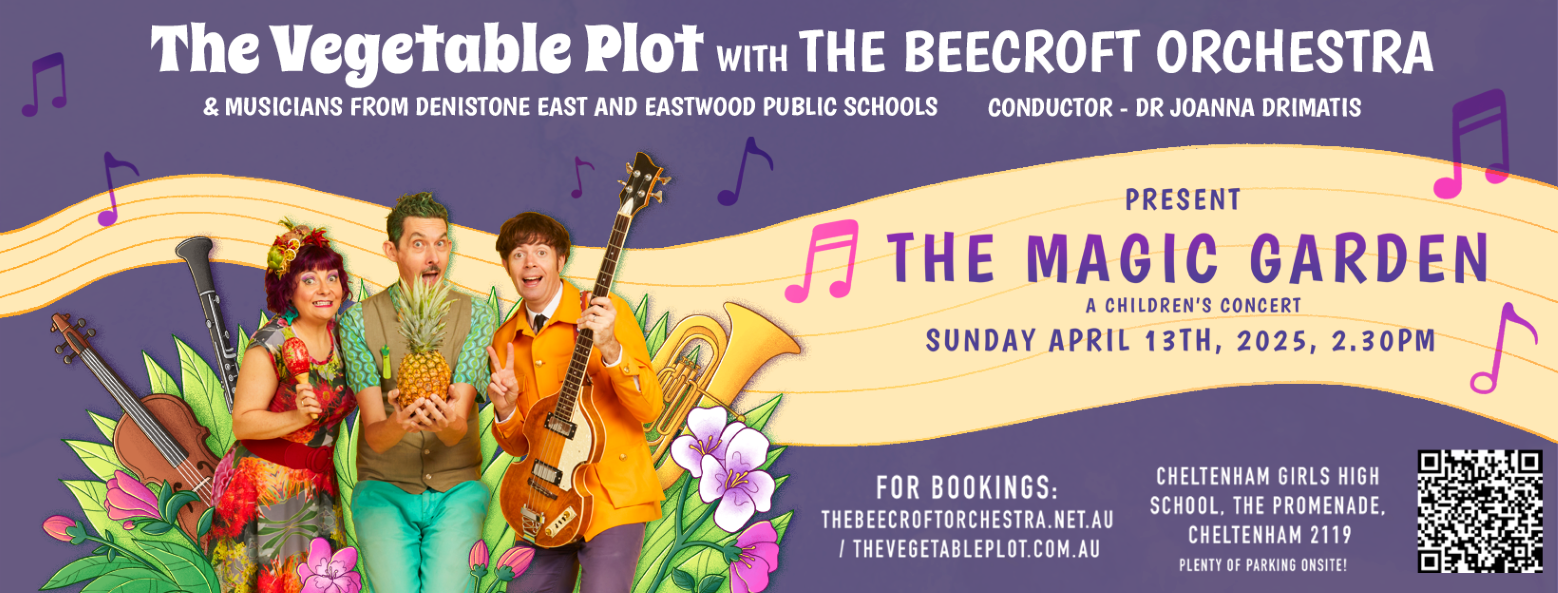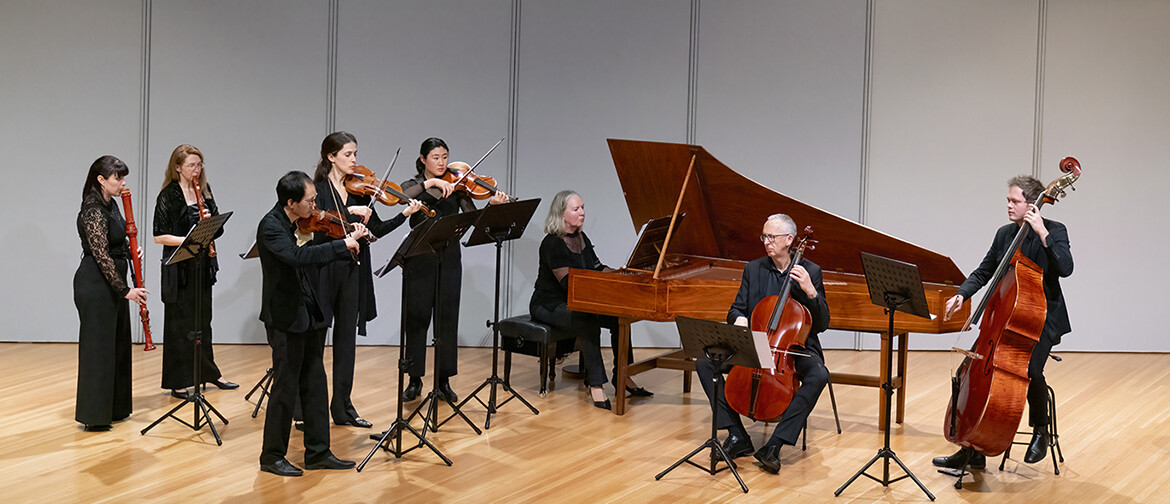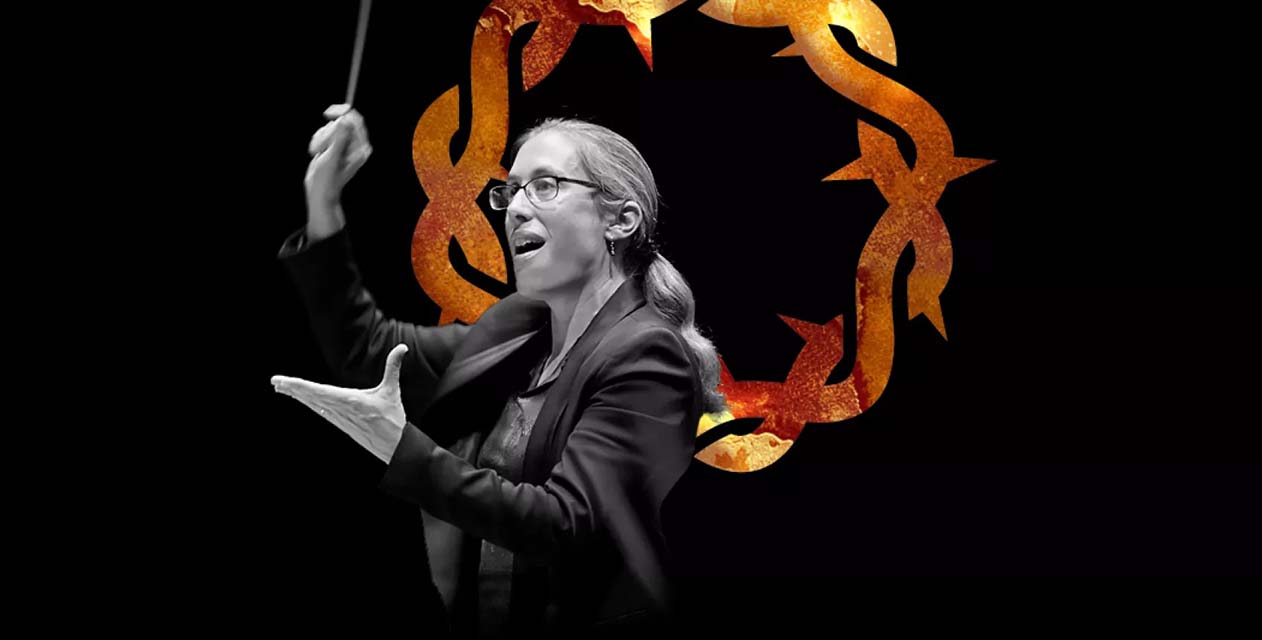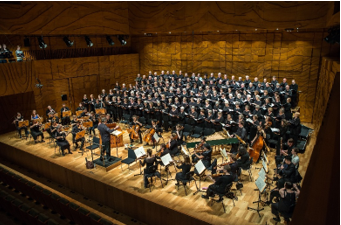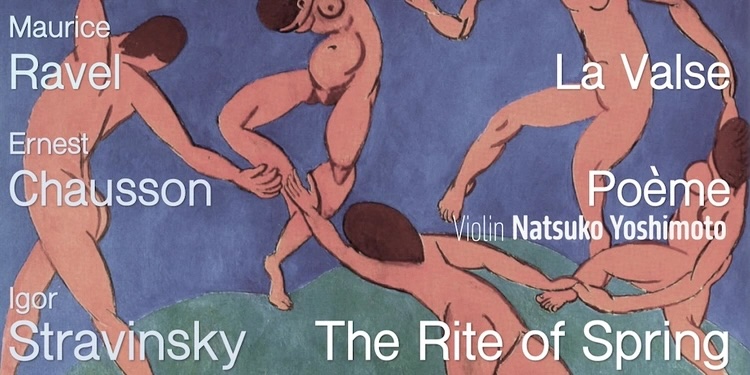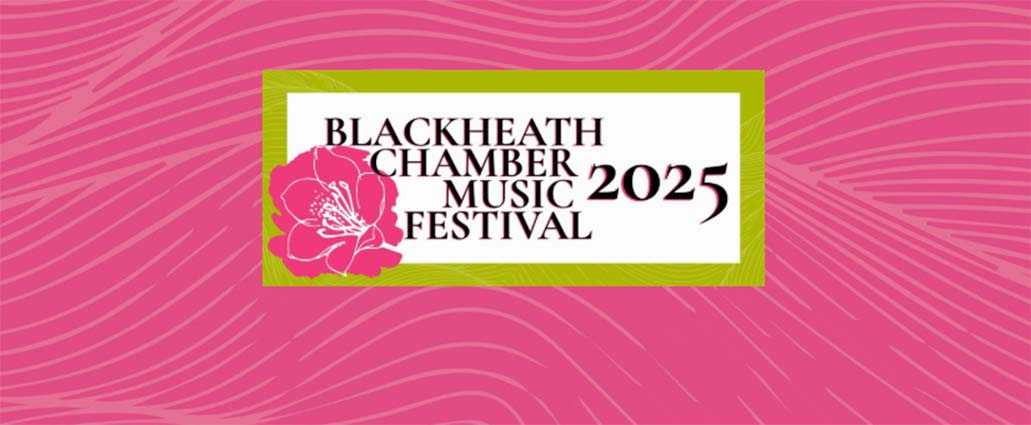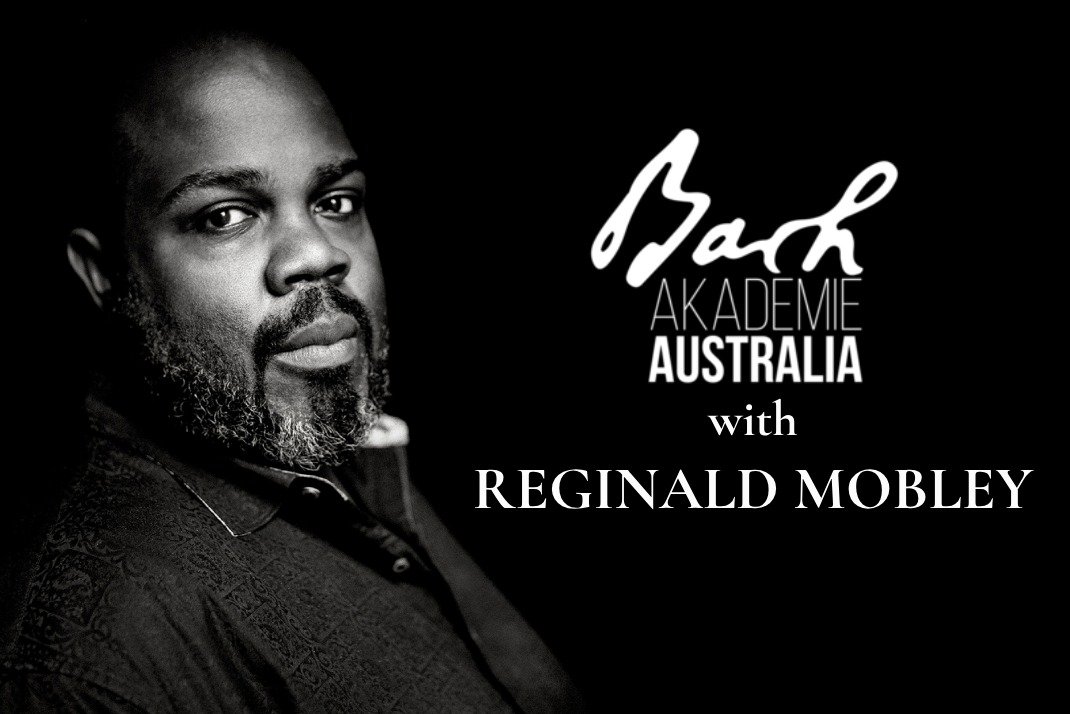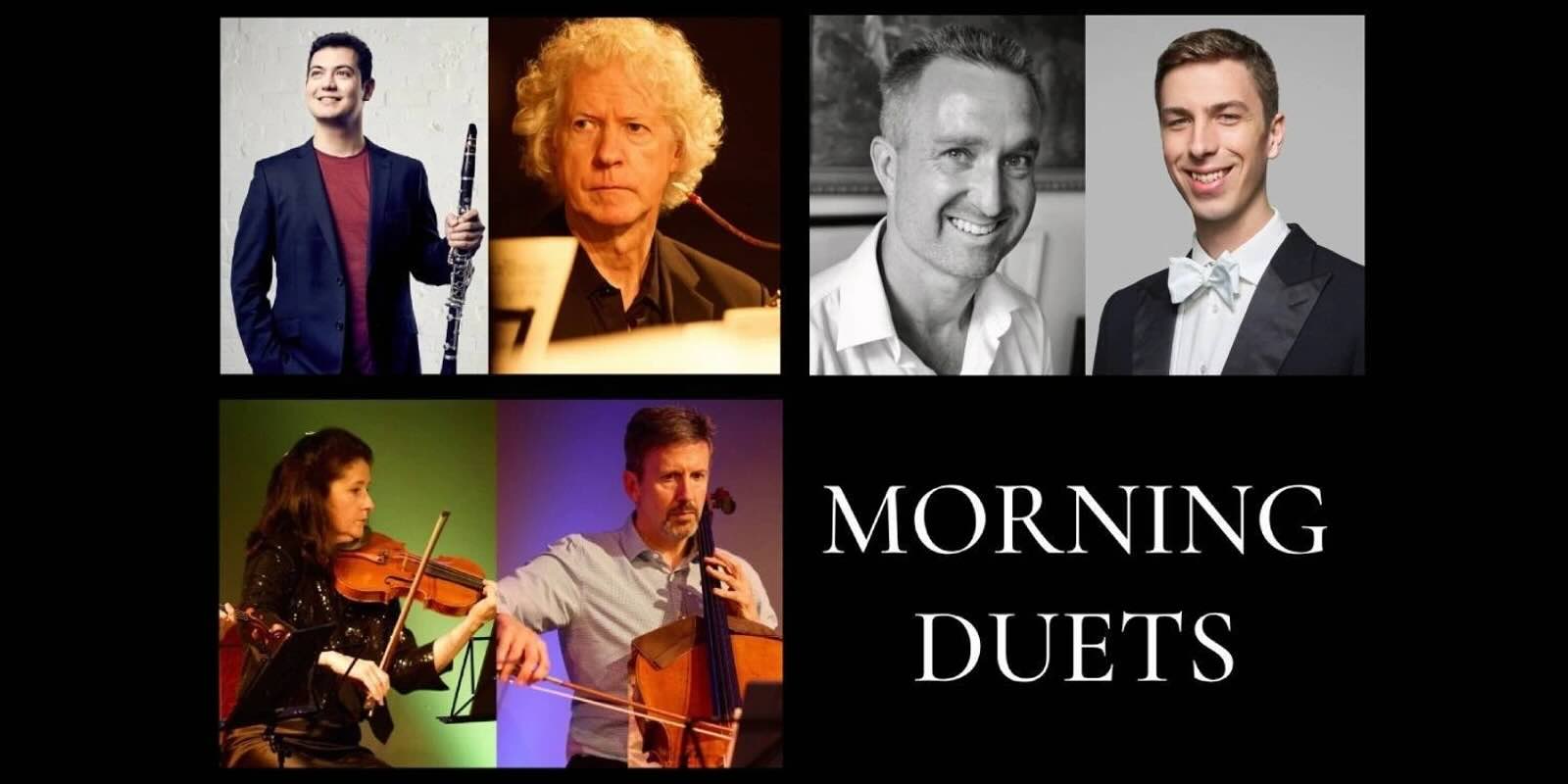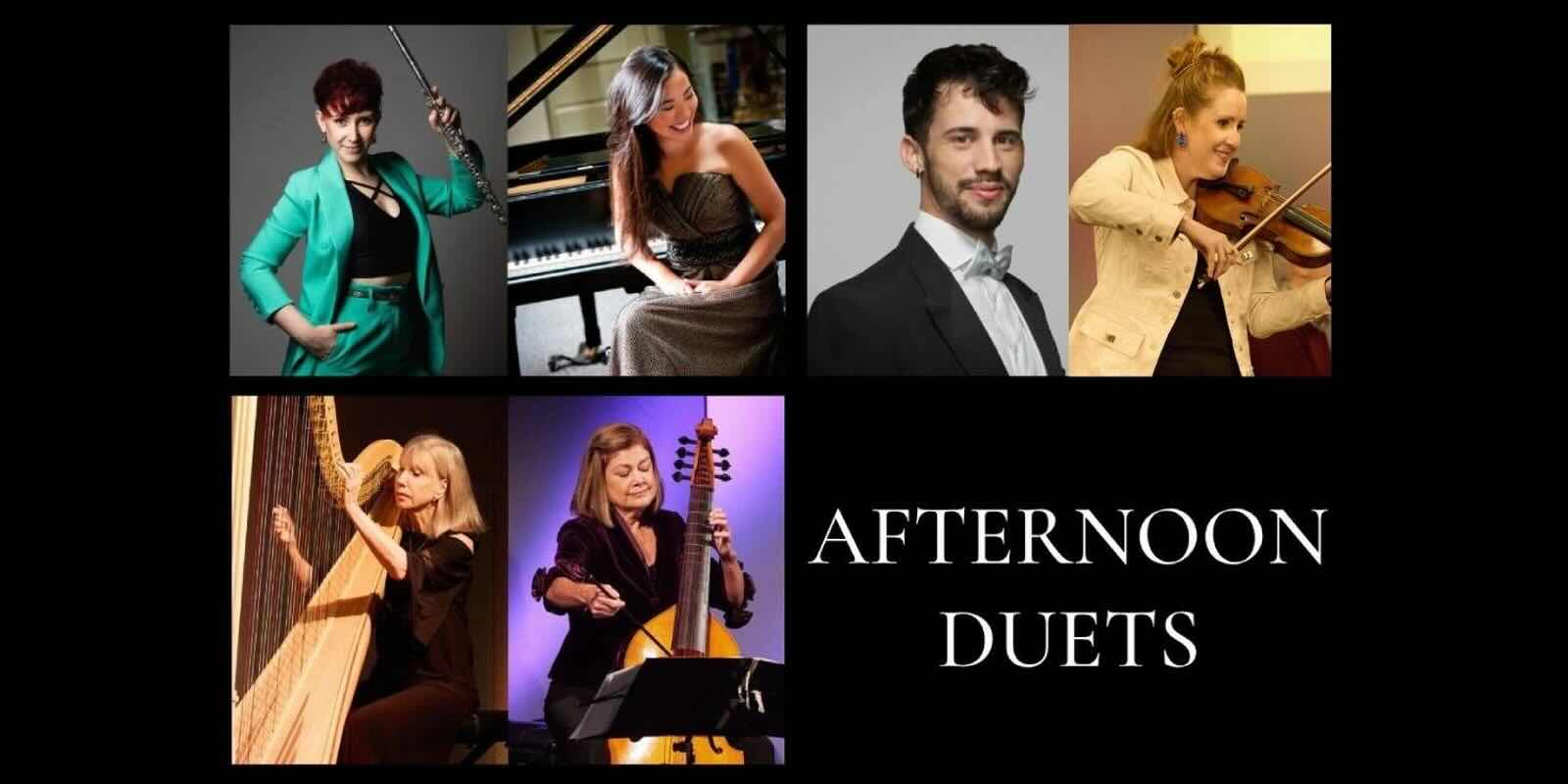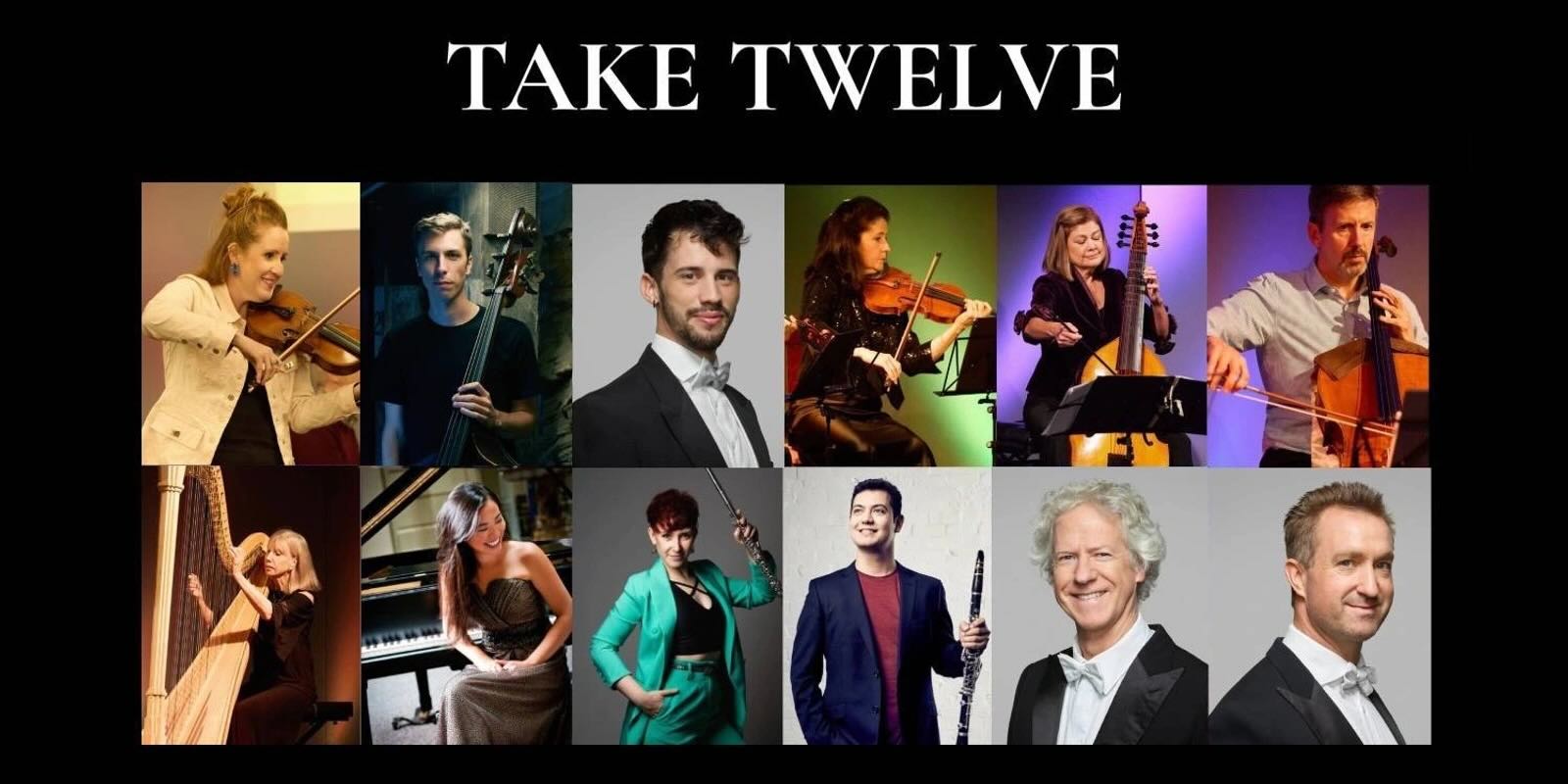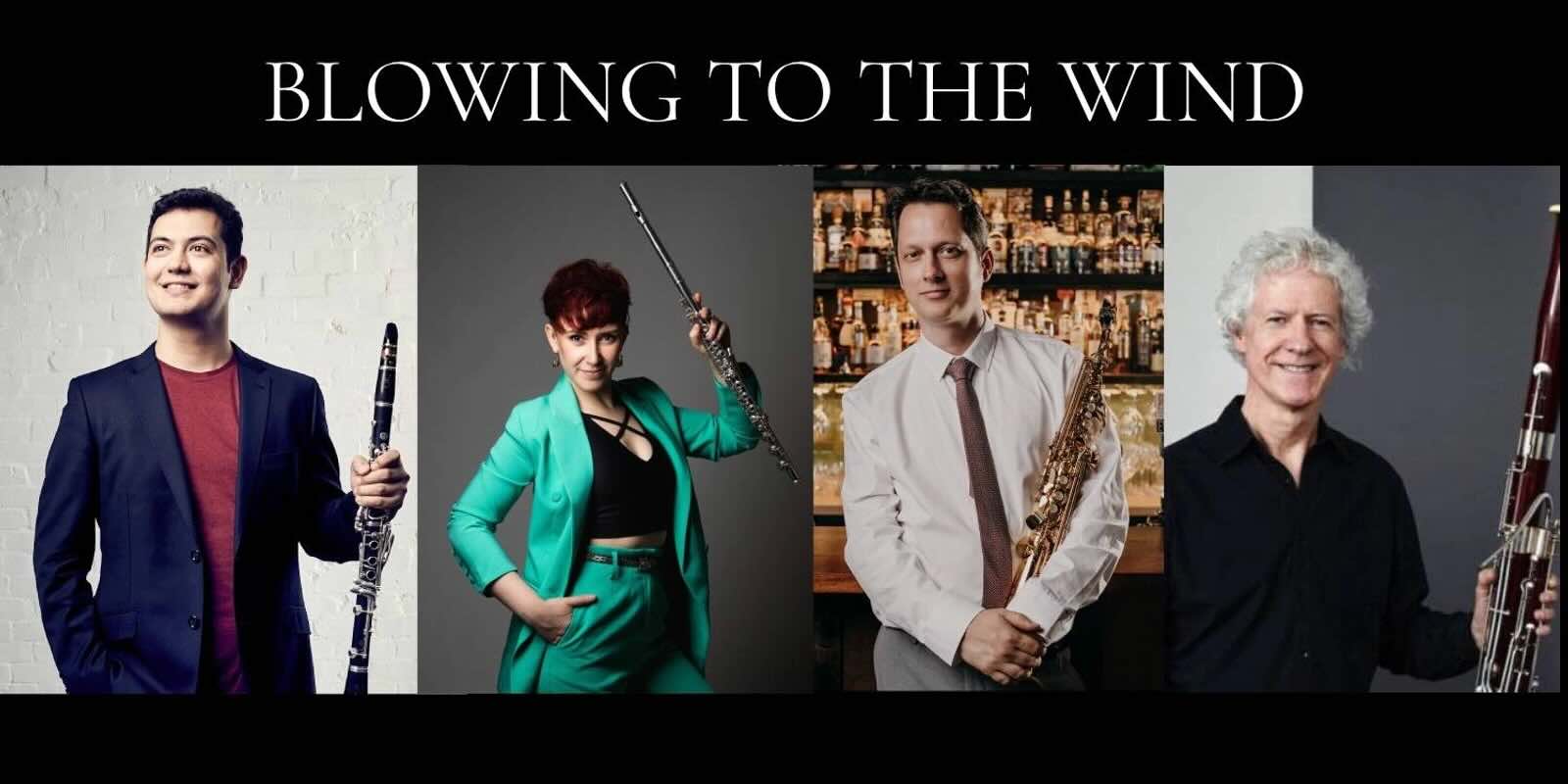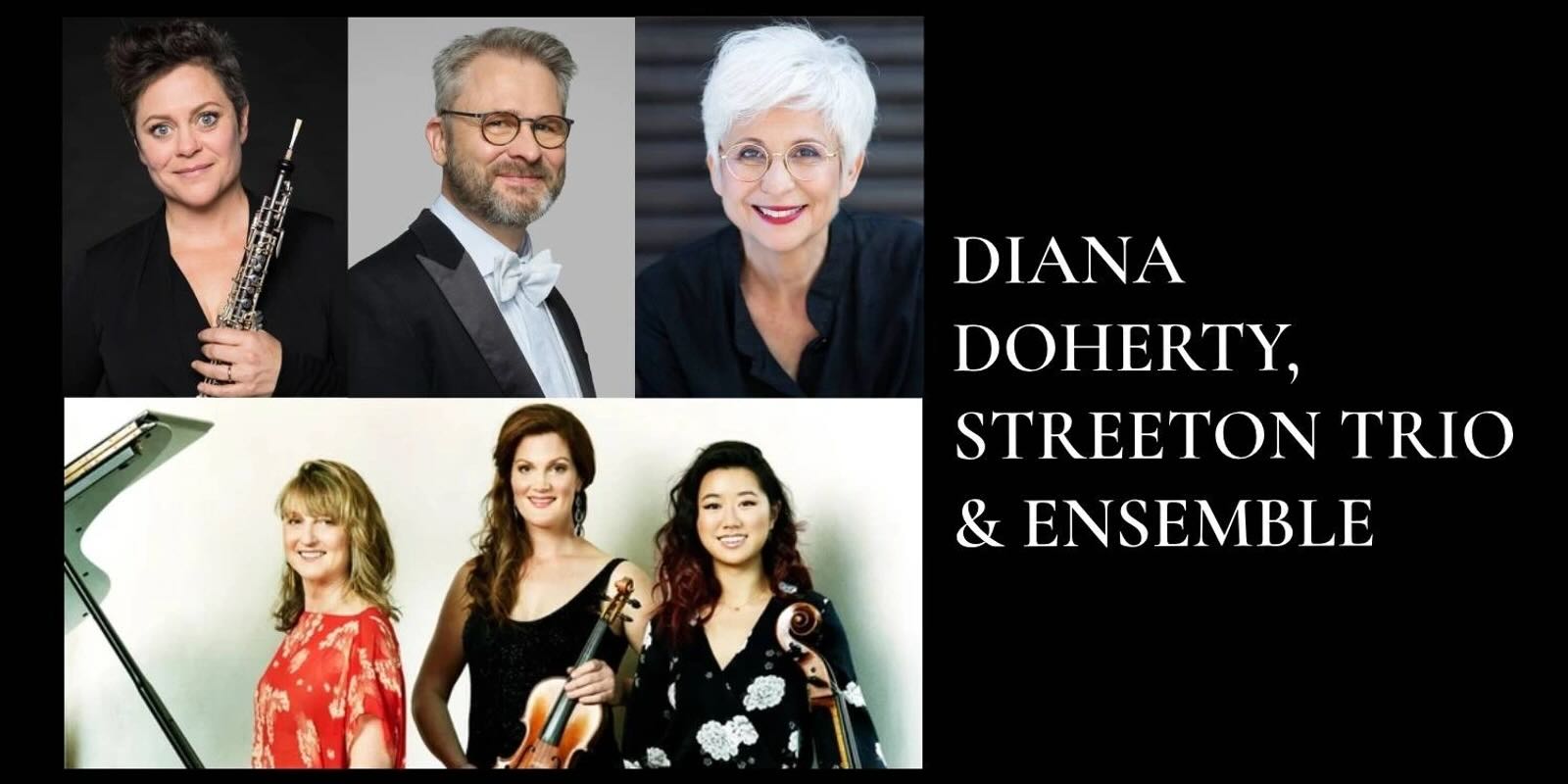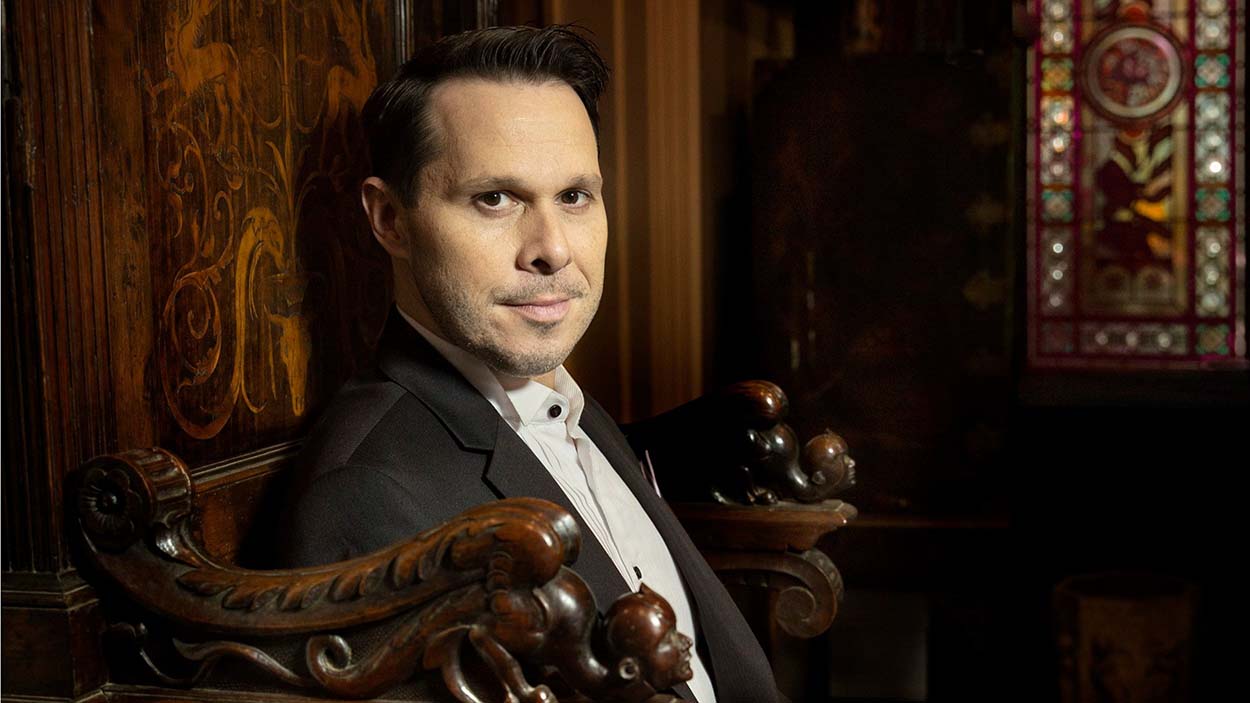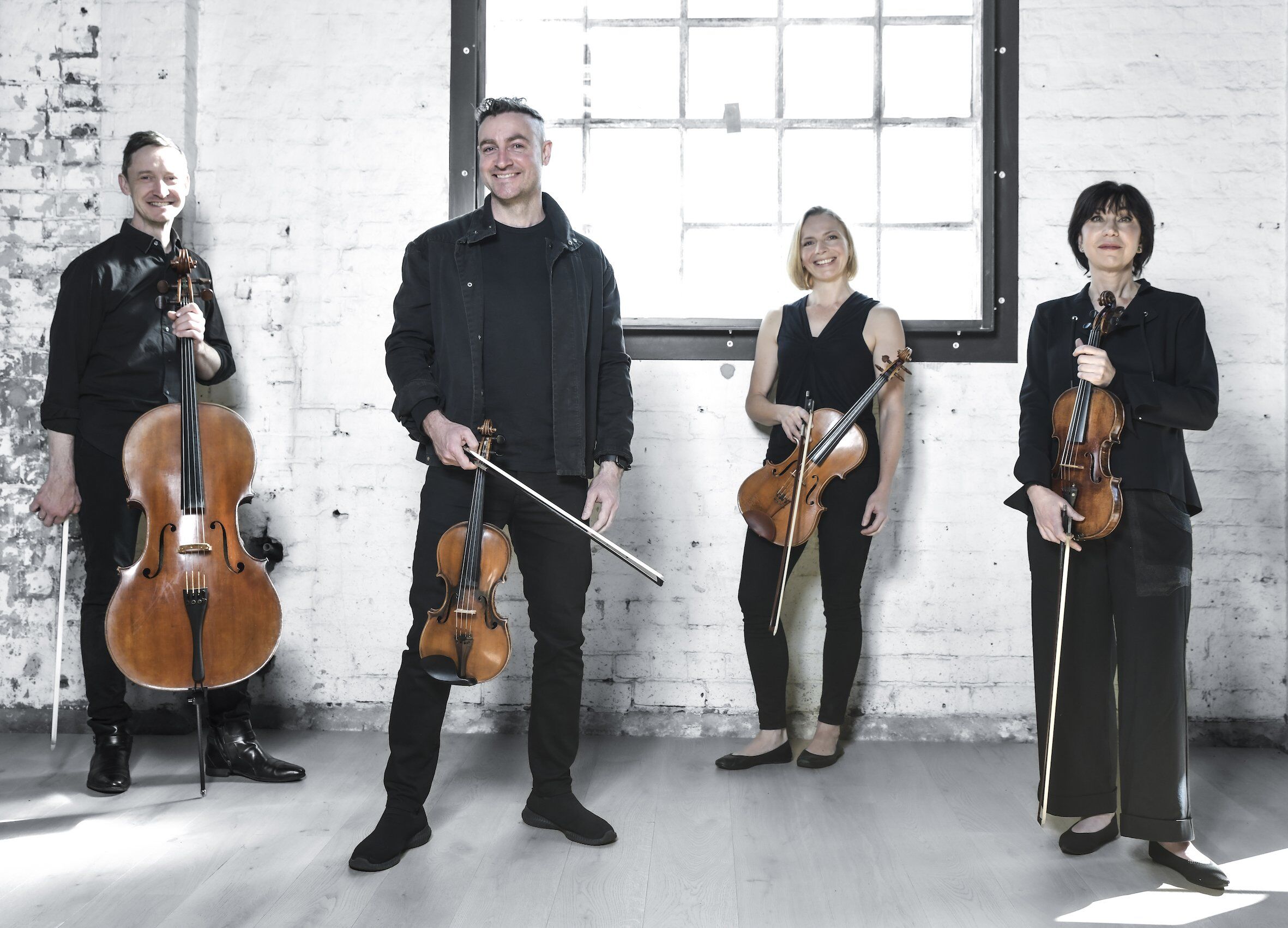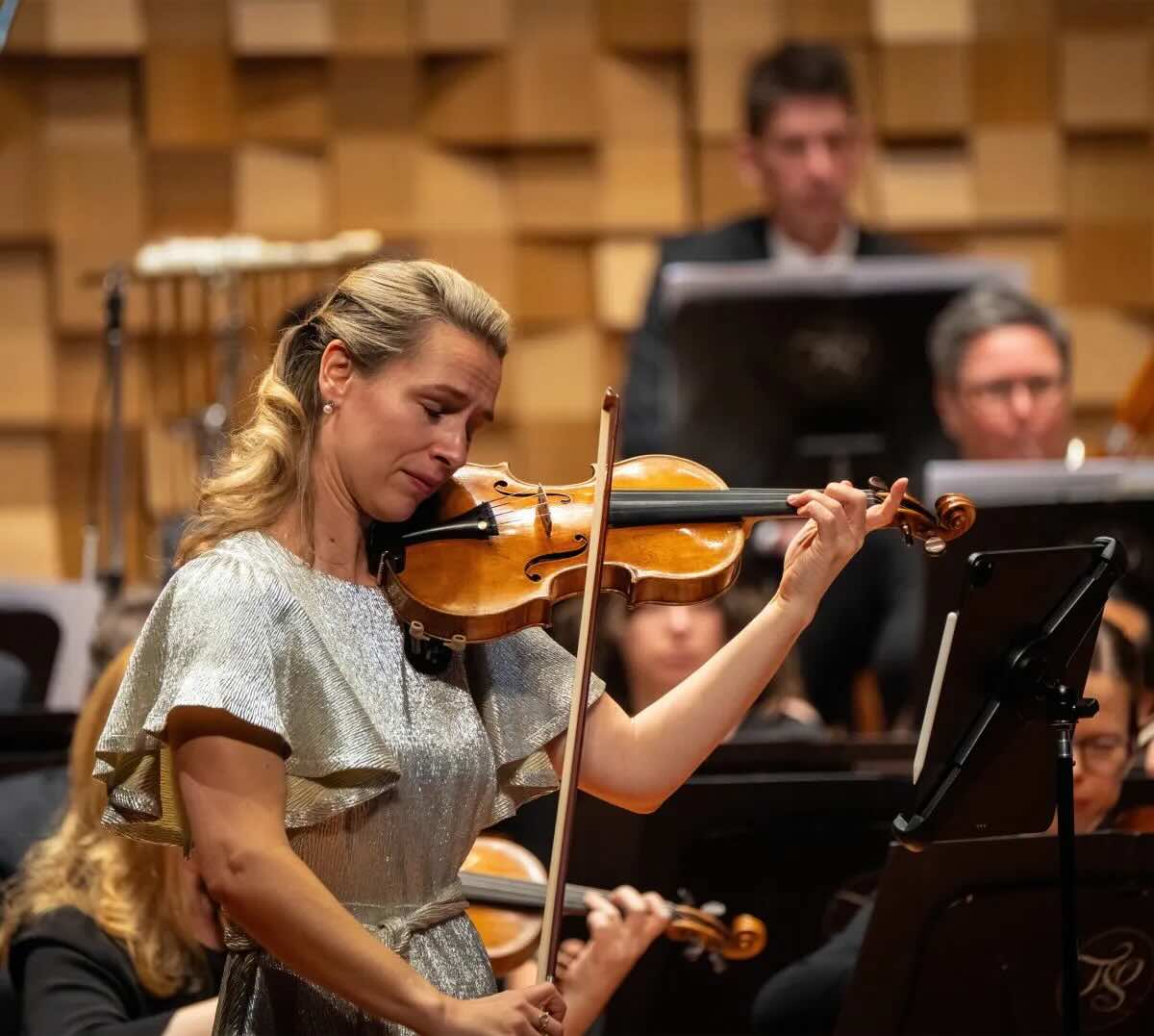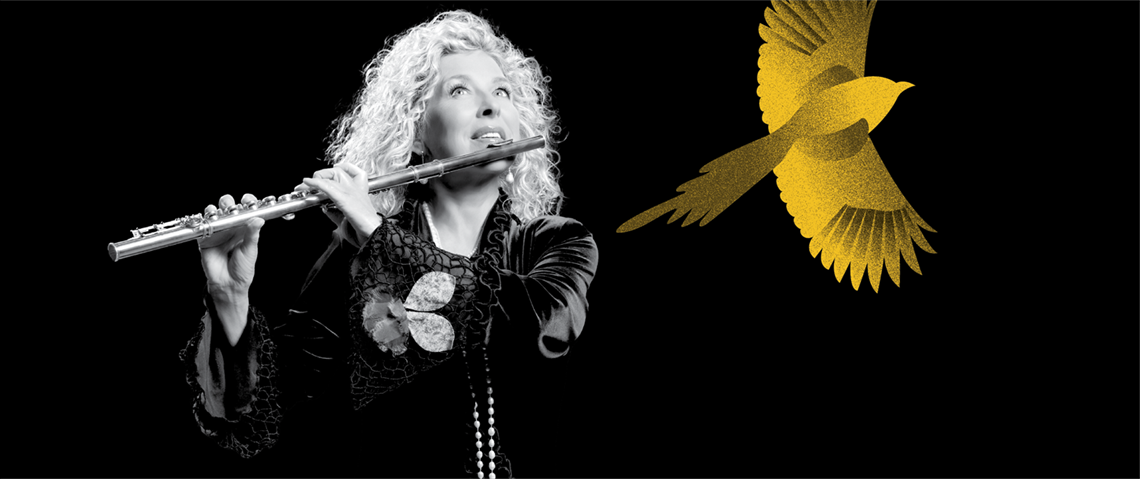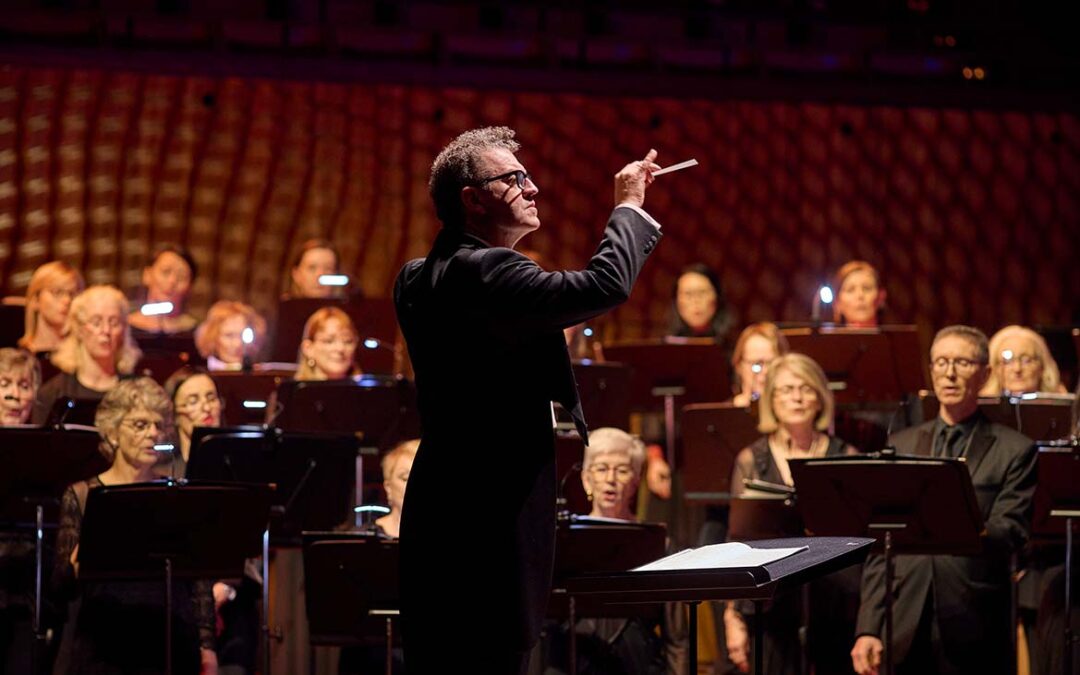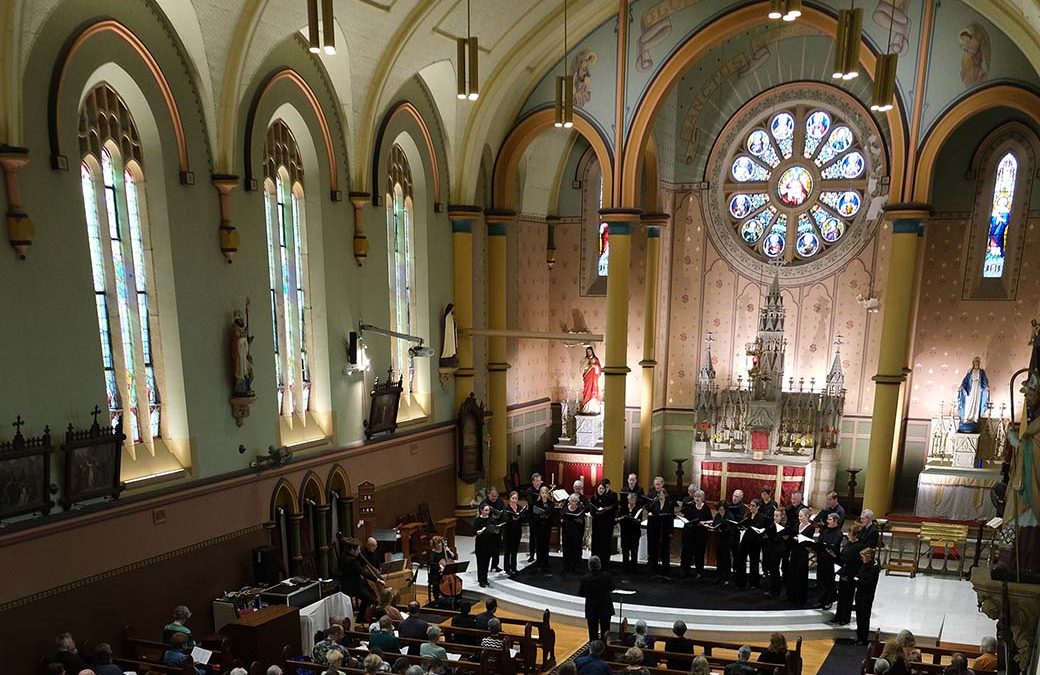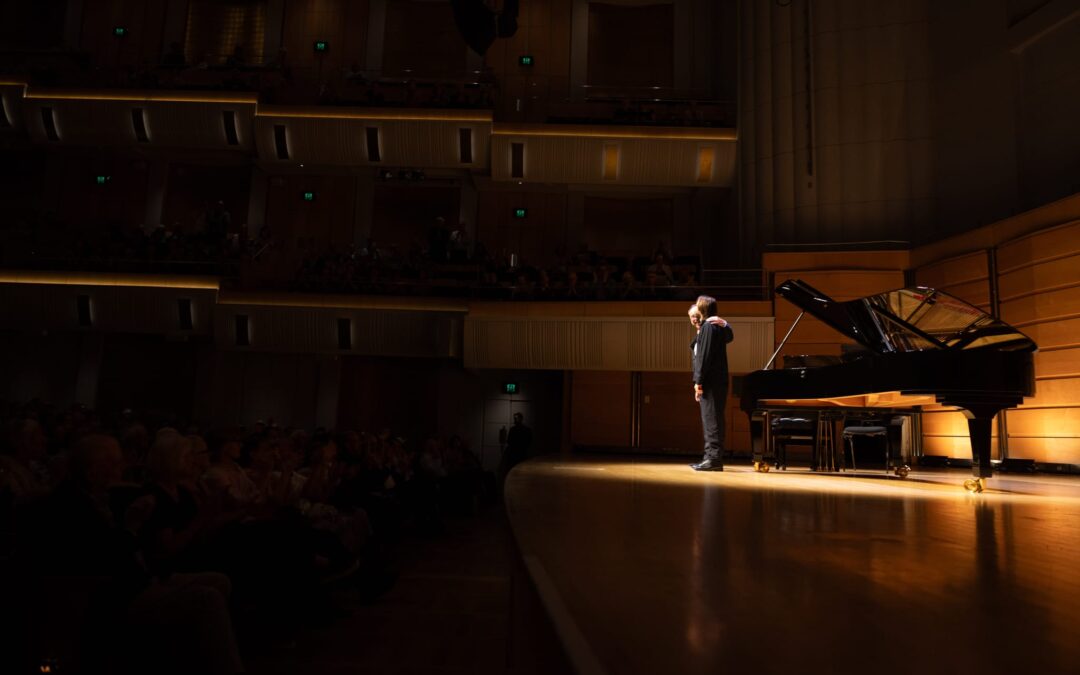In our occasional interview series for 2021, classikON Ambassador Alan Holley discusses the aftermath of 2020 and the future with composer Andrián Pertout.
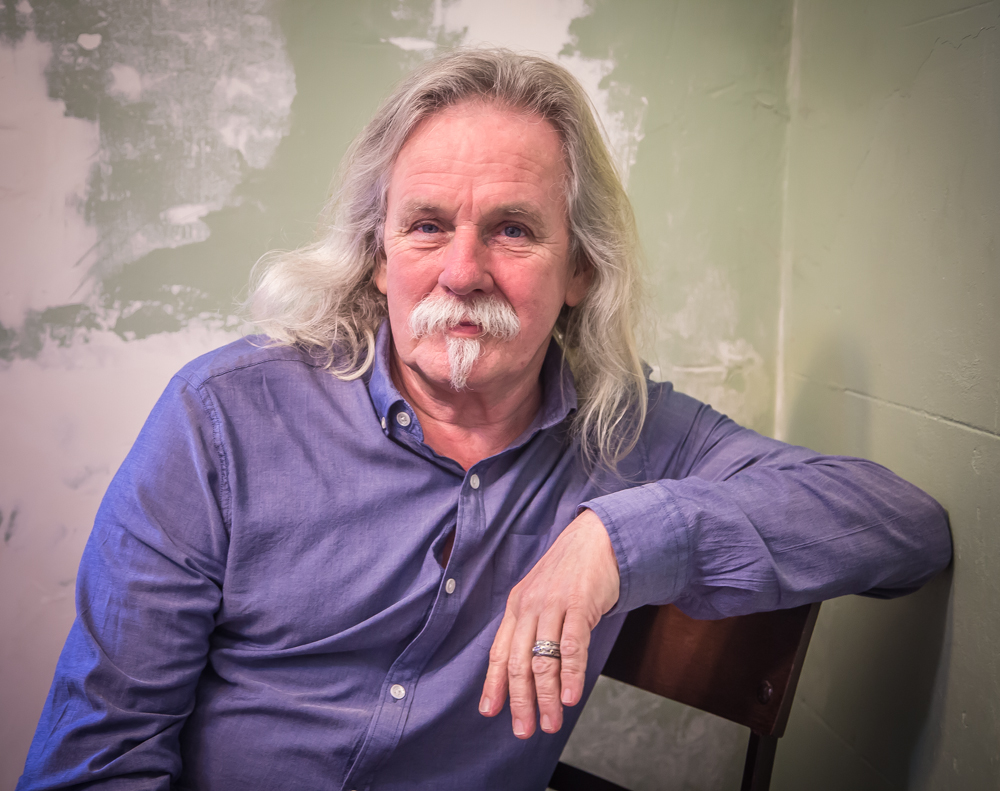 Alan Holley: Andrián Pertout is one of Australia’s most performed composers in both Australia and throughout the world and yet because of an historical divide between Sydney and Melbourne I only came across his music about 5 or 6 years ago. His works are regularly performed in Melbourne, Europe and Asia and he has a major profile across Latin America with numerous orchestral and chamber music performances each year.
Alan Holley: Andrián Pertout is one of Australia’s most performed composers in both Australia and throughout the world and yet because of an historical divide between Sydney and Melbourne I only came across his music about 5 or 6 years ago. His works are regularly performed in Melbourne, Europe and Asia and he has a major profile across Latin America with numerous orchestral and chamber music performances each year.
Andrián, I met you in Melbourne a few years back and since that time I have come to know a lot of your music and together we have been involved in several projects. With a career spanning several decades why do you think that the music scenes in Sydney and Melbourne are not more supportive of each other or has there been a change for good in recent years?
Andrián Pertout: I would say that what exists is an artistic disconnection that derives from a cultural disconnection between not only composers, but Australian society as a whole. And Sydney and Melbourne may as well be separate countries. The disunity that I speak of relates to the collective deluded sense of ‘mateship’ and alternative reality of the European settlers in contrast with the deep love and respect for the country that the ‘First Nations People’ embrace. There are of course exceptions to the rule, but we as a nation must strive for a better level of collective oneness. Individual relationships on the other hand exhibit a somewhat different dynamic, as well as organisations such as the Melbourne Composers’ League (undoubtedly one of the most significant composer organisations in Australia), which for over two decades has provided the crucial bridge between composers and performers not only around the country, but throughout the Asia-Pacific.
AH: Have you found that collaborating with other composers and performers can lead to a more expansive presence in the Australian music scene?
AP: Definitely; and I remain forever grateful for your personal promotion of my music and your invaluable introduction of my music to performers in your world. It has given me hope, and instilled a sense that things can change in this country and that perhaps people will finally realise that real success is measured by our mutual collective success; that we can all help each other in achieving our dreams and goals. We simply have to open up to this superior ideal and embrace it. From a personal standpoint I am forever bemused that in spite of being the president of the Melbourne Composers’ League for eight years, Australian delegate of the Asian Composers’ League for 15 years (an organisation that represents 14 countries and regions in the Asia Pacific), and a graduate from one of Australia’s most prestigious universities, I remain an outsider, the ‘other’. I reconcile this reality with the fact that it’s probably due to two important factors: I am one of the 29.8% of Australia’s population that was born overseas, and a freelance composer with no formal university affiliation.
AH: The loss of opportunities in 2020 has led to some composers finding that their activities for the future performances and commissions disappearing. Has this affected you? And of course where you live in Melbourne has been subjected to the longest Covid 19 lockdowns in Australia making even local music-making impossible.
AP: From the Arts perspective, 2020 was a tragic year for all of us. For me personally, among the many orchestral projects postponed indefinitely were world premieres with the world renowned Simón Bolívar Symphony Orchestra in Venezuela (Gustavo Dudamel’s orchestra – one of the world’ great conductors who is also artistic director of the Los Angeles Philharmonic and the Opéra national de Paris) and the Uzbekistan National Symphony Orchestra in Uzbekistan, among many. The latter relates to a new work commissioned by the VI International Festival of Symphonic Music in Tashkent that was scheduled for a performance by Uzbek virtuosa pianist Elnura Mirzakamalova, world-renown percussionist Alex Pertout (my brother) and the Uzbekistan National Symphony Orchestra. I was taken to Samarkand (the ancient capital of central Asia) in my last visit to the central Asian nation, and this time around a visit to Bukhara was on the cards – another Silk Road trade route landmark and major medieval centre for Islamic theology and culture. Large scale opportunities such as these with in-person representation have certainly vanished, not to mention opportunities to curate orchestral concert events on behalf of Rashid Kalimullin (president of the Union of Russian Composers) around the world that so far have included presenting new music from Russia in Australia, New Zealand, Peru and Chile.
But I have been composing more than ever. And the past ten years have been somewhat of a rollercoaster ride, and so the Covid-19 lockdowns in Melbourne provided me with a welcomed period of calmness and reflexion. With regards to local music-making, I simply gave up on curatorial projects as the ongoing uncertainty and restrictions made it almost impossible to realize events.
AH: Have you found that your opportunities now include small scale works as opposed to large ensembles? How does this suit your musical vision?
AP: There is no doubt that the Covid-19 global pandemic has shaken things up somewhat, but 2021 is nevertheless packed with medium-scale orchestral opportunities, which includes three world premieres with both the Orquesta de Cámara de Valdivia (Valdivia, Chile) and Orquesta Marga Marga (Valparaíso, Chile). I am also the international coordinator of the PUENTE Festival Interoceánico: Encuentro interoceánico de culturas (BRIDGE Interoceanic Festival: Interoceanic meeting of cultures) in Valparaíso, Chile and in 2021 invited a number of composers from around the world to compose new works for this year’s edition. But what did change for me in this ‘global pandemic’ period is the relative abundance of commissions for small scale works. Covid-19 has also created some rare opportunities, such as the Australian National Academy of Music ‘The ANAM Set’ project encompassing “67 Australian composers working in close partnership with ANAM’s 67 musicians to create 67 new solo/duo Australian works.” I am currently completing a new work for Australian violist Henry Justo for this project.

AH: What will be the reinvigorating event for you this year? The event that tells you things might just return to some sense of normalcy and can you share details for the readers?
AP: My most recent international project is a work for Hyperbass Flute, Virtual Prepared Pianoforte, Jaw Harp, Percussion and String Orchestra commissioned by Basel-based conductor Rodolfo Fischer – a work entitled Decodificando el Universo (or Decoding the Universe), which is an artistic depiction of an imaginary journey though the Mapuche (the indigenous inhabitants of south-central Chile and south-western Argentina) universe that is being recorded around the world featuring ‘low flutes’ specialist Peter Sheridan and myself, multi-instrumentalist/composer (Melbourne), percussionist Claudio Estay (Munich, Germany), and the Orquesta de Cámara de Valdivia – OCV (Valdivia, Chile) conducted by Rodolfo Fischer (Basel, Switzerland). With my DNA profile indicating 21% Indigenous American ancestry (Inca, Aymara, and Mapuche, amongst others), this is a topic close to the heart. I believe that this will be the final OCV concert realised as a live-streamed pre-recorded event (taking place on Saturday, July 24, 2021 on the OCV YouTube channel. Rodolfo Fischer tells me that he will be travelling internationally again in September. So that gives me some hope.
But for me now, next on the schedule is a new chamber work commissioned by the Japan Federation of Composers (Tokyo, Japan) for presentation as part of the 2022 Asian Music Festival (28-31 March, 2022) in the Japanese city of Kawasaki (situated just 18km south of Tokyo), celebrating both the 60th Anniversary of the Japan Federation of Composers and 50th Anniversary of the Asian Composers’ League. It is expected that I attend, and if Australia opens up its international borders by then, I will be there to revel in the beauty of the cherry blossom season.
In 2007, Andrián Pertout completed a PhD degree at the University of Melbourne. Composition awards include the Jean Bogan Prize, ‘John Cage Centennial’ Wolf Museum of Music and Art Composition Prize (USA), Friends & Enemies of New Music Composition Prize (USA), Louisville Orchestra Prize (USA) Betty Amsden Award, and APRA Award for Orchestral Composition. He is currently the Vice-President of the Melbourne Composers’ League, Australian delegate of the Asian Composers’ League, International coordinator of PUENTE Festival Interoceánico (Chile), and in 2019 was Visiting Professor at Aichi Prefectural University of the Arts (Japan). His music has been performed in over fifty countries by orchestras that include the Melbourne and Tasmanian Symphony Orchestras, The Louisville Orchestra, Jerusalem Symphony Orchestra, Tatarstan and Uzbekistan National Symphony Orchestras, Orquestra Petrobrás Sinfônica, Orquesta Sinfónica Nacional de México, Vietnam National Opera and Theatre Choir and Symphony Orchestra, Orquesta Sinfónica Nacional de Chile, Orquesta Sinfónica de Puerto Rico, Logos Foundation Robot Orchestra, University of Hong Kong Gamelan Orchestra, and La Chapelle Musicale de Tournai.



